Recently Published

WEC Entrepreneurial Factors: Pre-post-analysis | Kenya 6
This experimental design enabled us to assess whether exposure to the WEC led to statistically significant improvements in entrepreneurial factor levels among participating learners in over 200 schools in Kenya.

WEC RW-5
This study evaluates the impact of the 2025 Wavumbuzi Entrepreneurship Challenge (WEC) on the development of entrepreneurial competencies among secondary school learners in Rwanda. Using a pretest–posttest experimental design, we analyzed matched data from 10,236 learners who completed both baseline and endline surveys. Results show statistically significant improvements in 13 of 18 measured entrepreneurial factors, with greater gains among learners who engaged more deeply with the platform. However, reverse-coded indicators of entrepreneurial intention and mindset showed reduced scores post-intervention, highlighting areas for further qualitative exploration. The findings underscore WEC’s potential to foster entrepreneurial growth through domain-engaged learning.

WEC EC Factors (ECs): Pre-post-analysis | Kenya 5
WEC EC Factors (ECs): Pre-post-analysis | Kenya 5

wec-rw-4
wec-rw-4
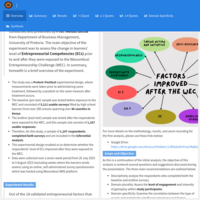
wec-ke-4
wec-ke-4
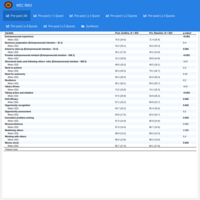
AGEC-RW-Pre-Post Analysis
The study was a **Pretest–Posttest** experimental design, where measurements were taken prior to administering some treatment, followed by a posttest on the same measure after treatment occurs.
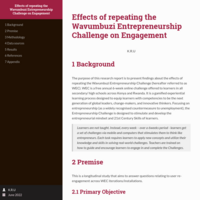
Effects of repeating the Wavumbuzi Entrepreneurship Challenge on Engagement
The purpose of this research report is to present findings about the effects of repeating the Wavumbuzi Entrepreneurship Challenge (hereafter referred to as WEC). WEC is a free annual 6-weeks online challenge offered to learners in all secondary/ high schools across Kenya and Rwanda. It is a gamified experiential learning process designed to equip learners with competencies to be the next generation of global leaders, change-makers and innovative thinkers. Focusing on entrepreneurship (as a widely recognised countermeasure to unemployment), the Entrepreneurship Challenge is designed to stimulate and develop the entrepreneurial mindset and 21st Century Skills of learners.
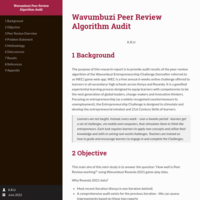
Wavumbuzi Peer Review Algorithm Audit
The purpose of this research report is to provide audit results of the peer-review algorithm of the Wavumbuzi Entrepreneurship Challenge (hereafter referred to as WEC) game web-app. WEC is a free annual 6-weeks online challenge offered to learners in all secondary/ high schools across Kenya.
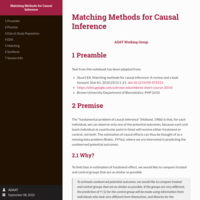
Causal Inference
Causal Inference:
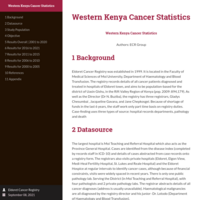
Cancer incidences and prevalences 2000 to 2020
The main objective of this study/analysis is to assess the incidence and prevalence of different cancer types from 2000 to 2020
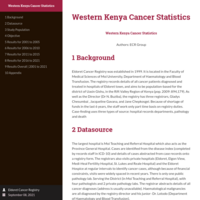
ERC
Western Kenya Cancer Statistics
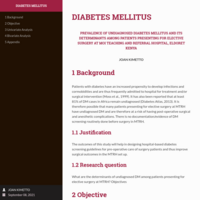
PREVALENCE OF UNDIAGNOSED DIABETES MELLITUS
PREVALENCE OF UNDIAGNOSED DIABETES MELLITUS AND ITS DETERMINANTS AMONG PATIENTS PRESENTING FOR ELECTIVE SURGERY AT MOI TEACHING AND REFERRAL HOSPITAL, ELDORET KENYA
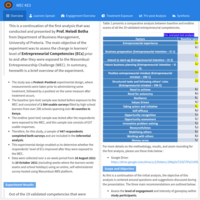
Agec Pre-Post
* The study was a **Pretest–Posttest** experimental design, where measurements were taken prior to administering some treatment, followed by a posttest on the same measure after treatment occurs.
* The baseline (pre-test) sample was tested before exposure to the WEC and consisted of **1 504 usable surveys** filled by highschool learners from over 200 schools spanning over **40 counties in Kenya**.
*
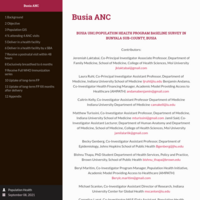
Busia MNCH / ANC
Bunyala baseline MNCH indicators that was performed in 2021
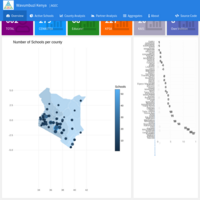
Wavumbuzi
Wavumbuzi Partner Analysis
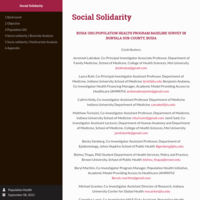
Social Solidarity | Multivariate
Social Solidarity | Multivariate
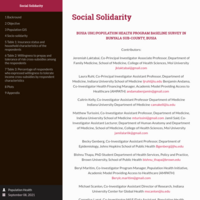
Social Solidarity
NHIF Social Solidarity
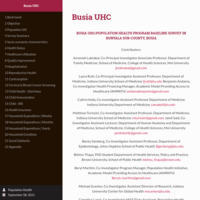
UHC
The objective of this study is to provide baseline data on UHC to inform the Busia UHC pilot. We plan to repeat this survey in future as funds become available in order to measure the impact of the UHC pilot in Bunyala sub-County on health service delivery, healthcare utilization, perceptions of healthcare quality in the public sector and household health spending.
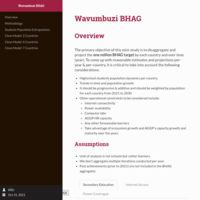
Wavumbuzi BHAG
To extrapolate/forecast the expected number of high school students per country from 2021 to 2030, we are going to utilize ARIMA forecasting modeling approach. ARIMA is an acronym that stands for AutoRegressive Integrated Moving Average.
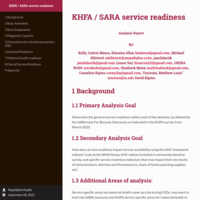
KHFA / SARA service readiness
KHFA / SARA service readiness
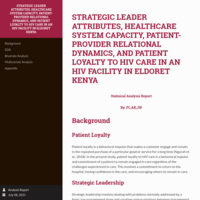
PATIENT LOYALTY
STRATEGIC LEADER ATTRIBUTES, HEALTHCARE SYSTEM CAPACITY, PATIENT-PROVIDER RELATIONAL DYNAMICS, AND PATIENT LOYALTY TO HIV CARE IN AN HIV FACILITY IN ELDORET KENYA
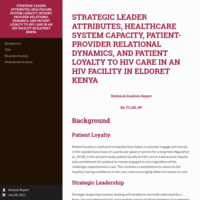
Felishana
STRATEGIC LEADER ATTRIBUTES, HEALTHCARE SYSTEM CAPACITY, PATIENT-PROVIDER RELATIONAL DYNAMICS, AND PATIENT LOYALTY TO HIV CARE IN AN HIV FACILITY IN ELDORET KENYA
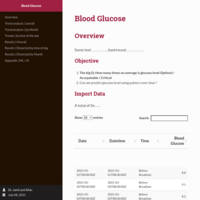
Blood Glucose Analysis
Blood Glucose Analysis